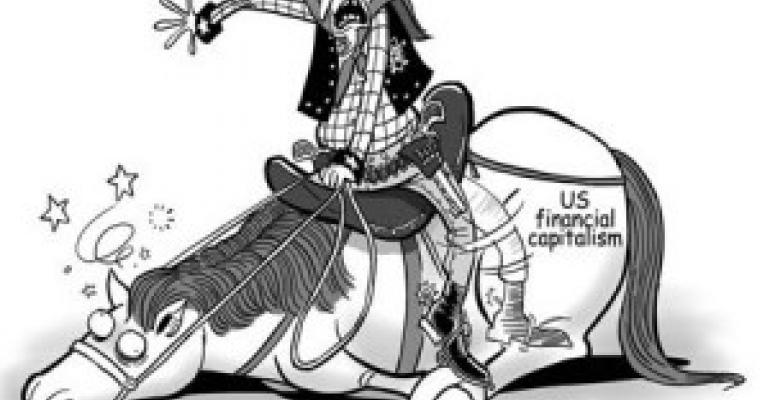 With so much of Dodd-Frank yet to be implemented, it has run into an enormous backlash, says Ed Dolan over at his
Ed Dolan's Econ Blog. The essential question being debated is whether financial regulation even works.
With so much of Dodd-Frank yet to be implemented, it has run into an enormous backlash, says Ed Dolan over at his
Ed Dolan's Econ Blog. The essential question being debated is whether financial regulation even works.
Dolan says that when regulatory reform fails, as when it prohibits specific risky activities, like proprietary trading and use of derivatives, it can make things worse because the banks simply replace these activities with equally risky activities that have not yet been prohibited and which may provide lower returns.
But financial reform can work when it avoids outright prohibitions, what he calls "the ice-cream-and-pizza approach," in favor of "attacking the underlying causes of excessive risk taking: contagion, moral hazard, and agency problems." There are some of these good kinds of regulation in Dodd-Frank and Basel III, he says, and he provides a list, which includes the new resolution authority for too-big-too-fail banks. (For more on that particular provision, check out our recent interview with David Skeel, Professor of Corporate Law, University of Pennsylvania, and the author of a recent book about Dodd-Frank.)
Ultimately, though, how well regulation works depends largely on how it is implemented. "And that is where we come to the darkest cloud on the horizon right now, which lies not in the unintended consequences of reform, but in the unintended consequences of the backlash against it," he says.
Click here to read the full post.
(via Clusterstock)

